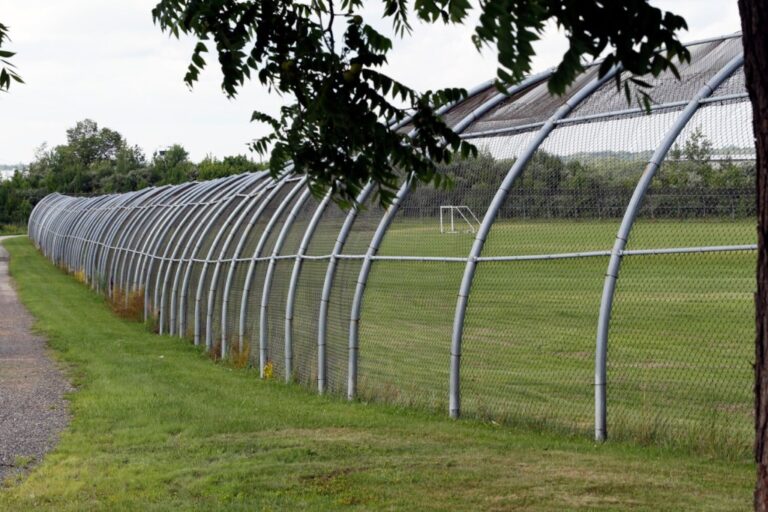In response to the COVID-19 pandemic, Maine led the nation with an exceptional public health response. Only Hawaii fared similarly in terms of vaccinations, hospital capacity and deaths. We now have an opportunity to address juvenile justice in the same way.
You may be wondering, “Is youth justice public health?” When did behavioral health and child development cease to be public health issues? The U.S. Department of Justice has accused Maine of failing to provide behavioral health services to children in the juvenile justice system. It was determined that this was a violation of the Americans with Disabilities Act. USM Muskie Public Service School reported that incarceration exacerbates existing behavioral health problems among Maine children. In fact, it is now known that involvement in the juvenile justice system increases the risk of delinquency and danger to the community, and hence public health.
Scientific advances have proven that children are rarely simply bad people. Developmentally, they are not yet equipped to make responsible decisions. Exposure to trauma and adverse childhood experiences can further exacerbate behavioral problems. Punitive correctional actions, such as supervision and transfer from the community to prison or other residential programs, are negative experiences that worsen rather than improve the situation.
The good news is that we now know more about brain development, have proven assessment tools to identify children's needs and how to meet those needs, and ensure optimal health and development. It means that there is. These evaluations are already used by other child welfare services in Maine, but not by youth justice.
Two bills moving through the Legislature will ensure that we advance public health for all children in Maine.
LD 288 provides $20 million for juvenile justice alternative programs. This is a necessary first step to ensure that Maine provides the best programs available to all children, including those at risk of juvenile justice involvement.
LD 1779 was developed by formerly incarcerated youth themselves and allows a child's strengths and needs to be assessed before he or she is charged with delinquent behavior. We identify the underlying condition and make recommendations to alleviate the problem and, in turn, the risk to the community. Children can receive the care and treatment they need without interacting with the juvenile justice system and its known negative effects.
New Hampshire passed a similar law. In the first year of implementation, the majority of accused children chose to undergo testing. Law enforcement agencies agreed with evaluation recommendations 94% of the time, according to new data from the state Department of Children, Youth and Families. Here's some surprising news. While 27% became court-involved, 72% were referred to community-based services and never entered the juvenile justice system. A third of these, 72%, referred to intensive comprehensive services. The remaining one-third received community-based mental health services such as counseling. The final third mentions much simpler but equally important resources, such as after-school programs such as Boys & Girls Clubs or her YMCA. Maine can use New Hampshire's results data to move in the best direction.
Every day, we learn more about the underlying conditions that contribute to delinquent behavior, such as exposure to mental illness and drug use in families. homelessness, economic and food insecurity, learning disabilities, abuse and neglect (the majority of children in juvenile justice are beyond child protection). These are all adverse childhood experiences that hinder brain development. The LD 1779 assessment helps you identify these exposures and strengths to build stronger, healthier children and families.
Public health is the protection and improvement of public health. Indeed, the health of children is essential to the strength of our communities. Public health may seem like simply infectious disease control, but it is much more than that. It's also about the health and well-being of our children and families. LD 288 and LD 1799 give Maine an opportunity to once again be a public health leader. Members of Congress, please take heart. Advocate for the health and safety of children, families, and communities. Dirigo, Maine!
” previous
OPINION: ECT was helpful to the family as treatment options were limited.
Related article




Invalid username/password.
Please check your email to confirm and complete your registration.
Please use the form below to reset your password. Once you submit your account email, you will receive an email with a reset code.